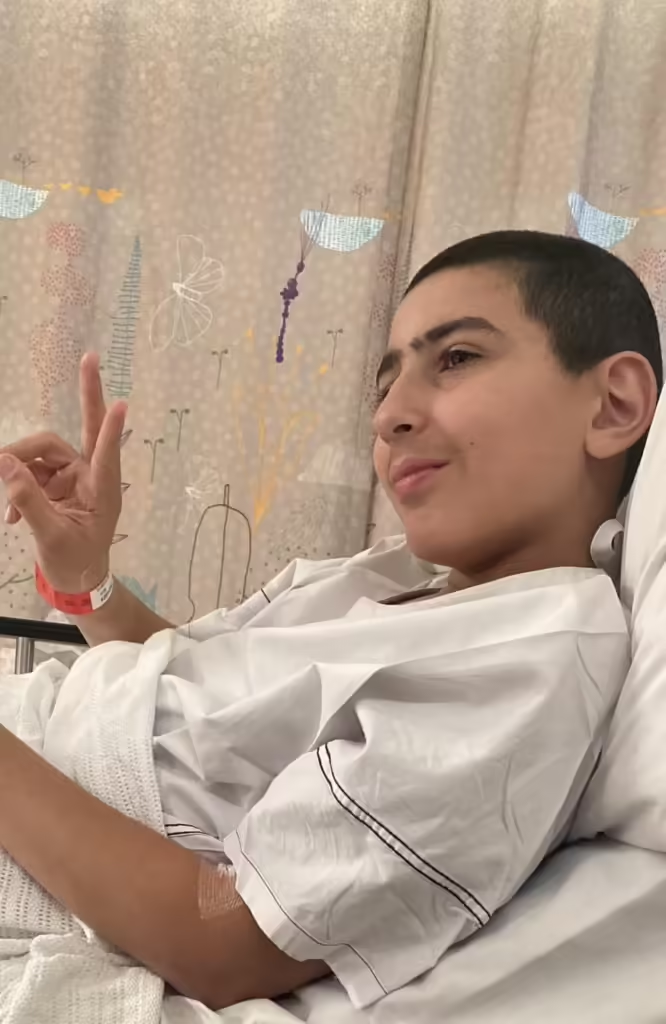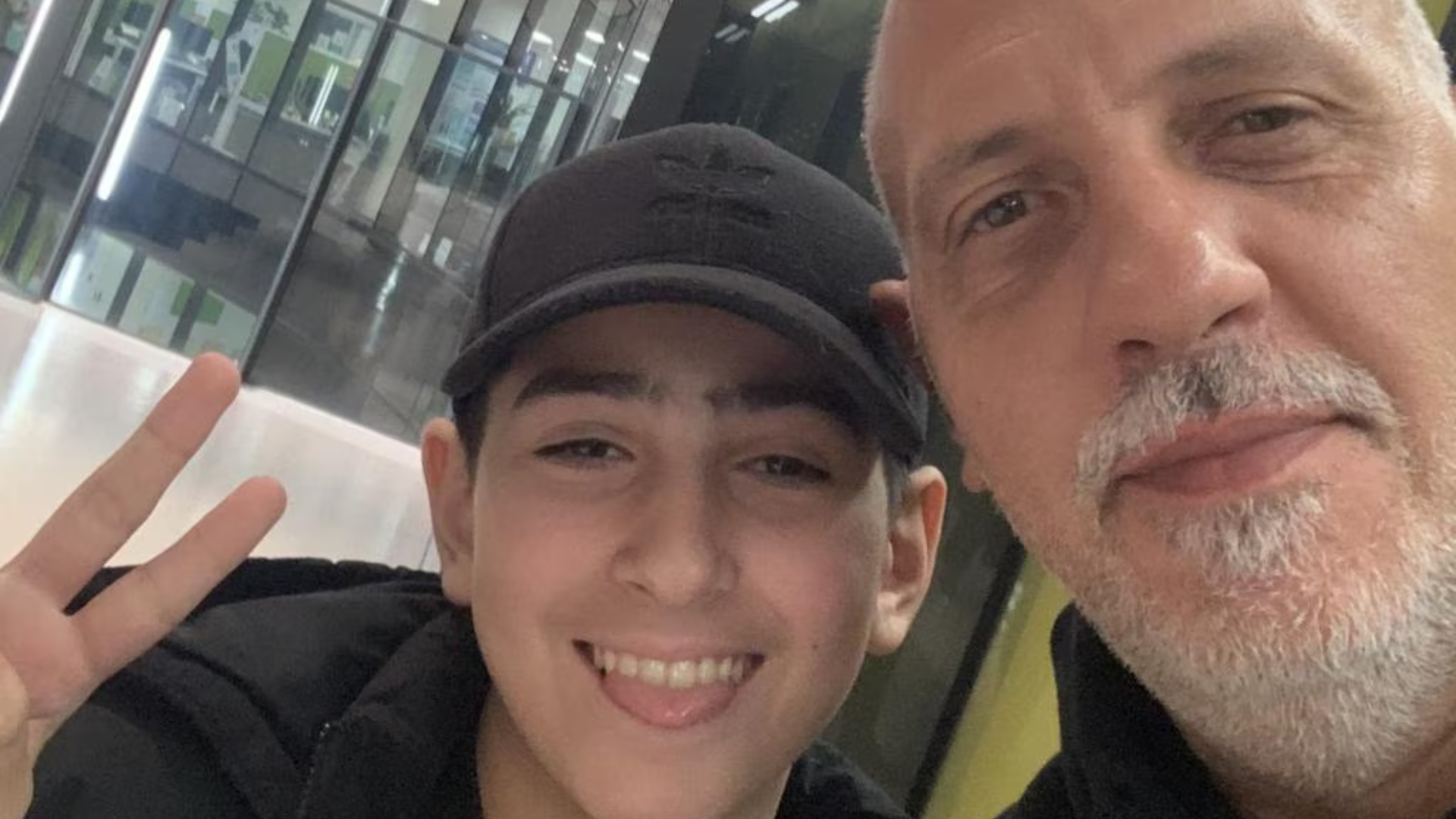Eleven-year-old John Kounadis is among the first children in Australia to be cured of drug-resistant epilepsy thanks to a groundbreaking AI “detective” developed by Murdoch Children’s Research Institute (MCRI) and the Royal Children’s Hospital (RCH).
For three years, John experienced multiple nightly seizures, yet standard MRI scans failed to detect a cause. Using the AI tool, researchers identified a tiny lesion in his right frontal lobe.
Following careful review and 3D modelling, John underwent brain surgery in May and has been seizure-free since.
John’s father, Spiros Kounadis, praised his son’s bravery: “The morning of the surgery John woke up early after a good night’s sleep and said ‘let’s go do this’. I am very proud of him.”
John himself said confidently, “I just wanted to get it out of me,” and is now back to normal, even aspiring to become a paramedic.

MCRI neurologist Dr Emma Macdonald-Laurs, who led the study, said the AI tool “helps us put the puzzle pieces together quicker so we can offer potentially life-changing surgery earlier.”
She emphasised that the technology complements human expertise and is especially crucial for detecting tiny lesions, like the dysplasias often missed in children.
Dr Macdonald-Laurs added that uncontrolled seizures can profoundly affect children and families, including causing learning difficulties, social isolation, stress, and medication side effects.
“That’s why I love doing this work, because there are stories like this in epilepsy surgery where you can really change the course of someone’s life,” she said.
The team plans to expand the AI tool to pediatric hospitals nationwide to improve diagnosis, speed up surgical referrals, and enhance long-term outcomes for children with epilepsy.
Source: The Advertiser.
